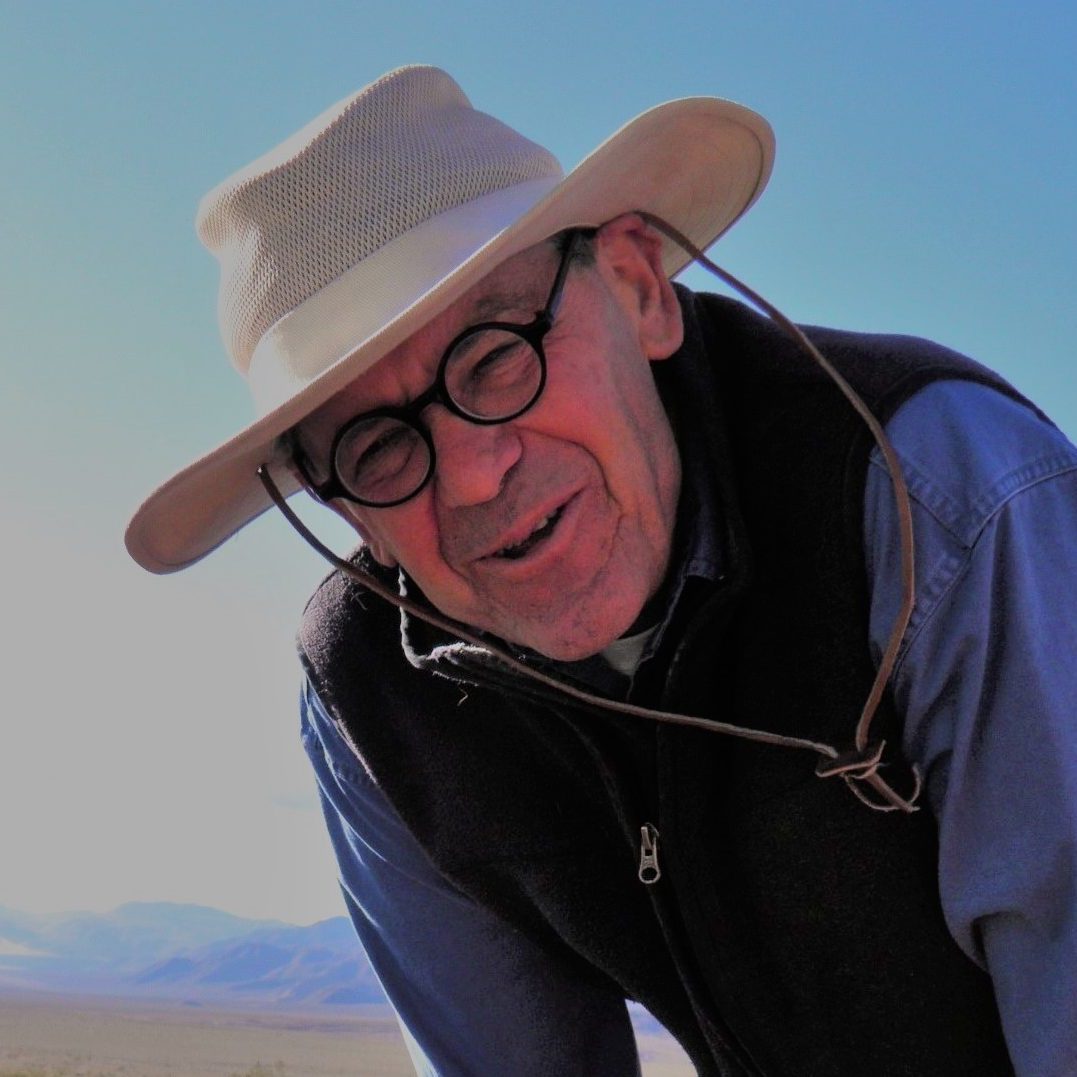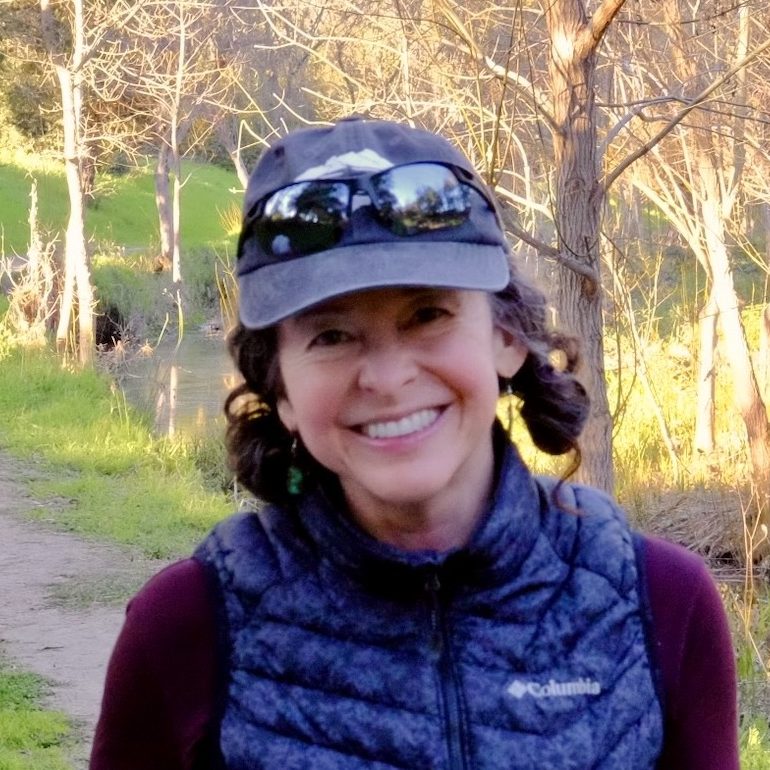Dying as a Rite of Passage
Jun 13th, 2026 - Jun 20th, 2026 | Inyo Mountains – Big Pine, CA | Cynthia Morrow, Scott Eberle
For millennia, indigenous people of all our bloodlines have known “how to die”, with the natural world as our teacher from the beginning of time. Cycles of dying and rebirth are seen everywhere: the setting and rising of the sun, the turning of the seasons, the death of the elderly alongside the birth of a new generation. Ceremonial rites of passage emerged pan-culturally as a means of supporting, guiding and witnessing this natural process. These rites have supported individuals in letting go of one stage of life—the little deaths—in order to be reborn into the next. They help us to fully embrace our ever-changing lives, while preparing us for the final transition, the big Death that awaits us all.
In our modern western culture, we have become disconnected from nature and from ancient wisdom about living and dying. We have pushed Death away from Life, the dying away from the living—all in order to impose the illusion of control on the uncertainty of change. We have lost touch with the natural world and our place in it as mortal beings. At great cost to the interconnected web of life on earth, we have forgotten how to die.
The Practice of Living and Dying branch of the School of Lost Borders offers core teachings that lie at the very heart of all rites of passage. In this highly experiential program, we will explore how to move through the dying process—symbolic dying as well as physical dying. Our time together will blend teachings, council, eco-therapeutic practices, and storytelling by participants. Weaving together the growing wisdom of the modern hospice movement with pan-cultural indigenous wisdom, we invite a deepening into the heart and meaning of our own lives. With time spent together in circle and alone in nature, we create an offering for you to explore your own nature, your own personal truths about living and dying.
How do we live, so we may fully become our dying?
How do we accept our dying, so we may fully embrace our living?
Program information: Enrollment is limited to 10. This program will be held in the Inyo/White Mountains east of the Sierra Mountains and immediately east of Big Pine, CA. We will start midmorning of the first day, a Saturday, and finish by midmorning of the last day, also a Saturday. We will be camping together the entire week, with a simple toilet set-up and no showers. More detailed logistical information will be sent out a few months before the course begins.
Program Questions Contact: Cynthia Eisho Morrow at [email protected]
Additional course details & Materials
We will meet at our Inyo Mountain basecamp midmorning on Saturday, June 13th. We will provide dinner the first night and the break-fast after the solo time. We ask everyone to come prepared to live self-sufficiently, which means bringing your own camping equipment and food for the week, including shelter and clothing suitable for a full range of inclement weather. More detailed logistical information will be sent out prior to the program’s start. A camping fee of $50 will be collected at the start of the program. ADDITIONAL FEES: Camping Fees $65-$75. All additional fees will be collected at the time of the program.
You will be responsible for bringing your own food and equipment, though we can provide some gear if needed. We ask everyone to come prepared to live self-sufficiently. You will need to bring shelter and clothing suitable for a full range of inclement weather.
All participants must submit the required health questionnaire and liability form.
If you have questions about the enrollment process contact us at [email protected] or call 760-938-3333.
The Final Crossing by Scott Eberle is available through Lost Borders Press
We will gather in the eastern mountains of Payahuunadü (also known as the Inyo Mountains) east of Big Pine, California. These are the ancestral and contemporary lands of the Nüümü and Newe people.
To learn more about our commitment to regenerative relationships please visit Cultural Relations.



